Digital intelligence empowers the launch site with "intelligent wings"
CCTV News:At present, Jiuquan Satellite Launch Center widely uses big data and Internet of Things technology to improve the informationization level of the launch site and resolve the contradiction between the current high-density and normal tasks and the limited allocation of human resources. We walked into the strongest "wisdom brain" of the launch site — — Learn about the number intelligence center.
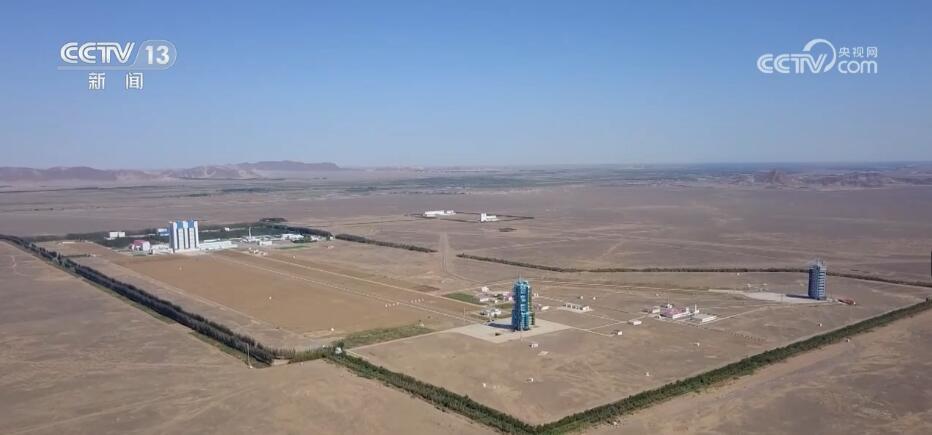
CCTV reporter Wang Xiaokun:As we have just seen in the emergency drill, if there is any abnormal fluctuation in thousands of sets of equipment in the launch area, the corresponding early warning information will be displayed here. Red flashing on the screen means that the equipment is not stable enough, while green means that everything is normal. The Digital Intelligence Center, like the "smart brain" of the launch site, can gather and analyze the information content such as temperature, humidity, cleanliness and personnel work situation in the rocket closed area, so that the overall situation of the launch site can be seen at a glance.
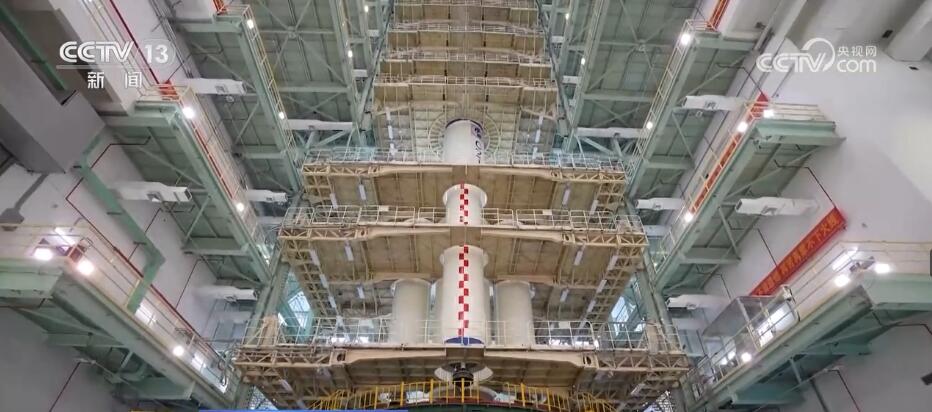
Manned space engineering has many systems, many interfaces and many states, which consumes a lot of manpower and material resources in the traditional way and cannot complete the work with high quality. In recent years, the center has focused on improving the carrying capacity of the launch site, with the main goal of "improving quality, reducing staff and increasing efficiency". Hundreds of sensors have been arranged on the launch tower to collect the running status of the equipment on the tower in real time and send it back to the Digital Intelligence Center, which truly realizes the information, intelligence and visual management mode.
Hu Yanhua, Chief Information Assurance Responsibility Officer of Jiuquan Satellite Launch Center:In the past, the launch site had to invest a lot of manpower and material resources, such as air conditioning and power distribution, which required about 10 people and worked in three shifts 24 hours a day. In recent years, it only takes 2-mdash to monitor, identify and analyze parameters by using the Internet of Things and big data technology; Three people are on duty. Once an abnormal situation is found, it will automatically report to the police and inform relevant professionals to go to the scene for disposal, which greatly improves efficiency and reduces labor consumption.
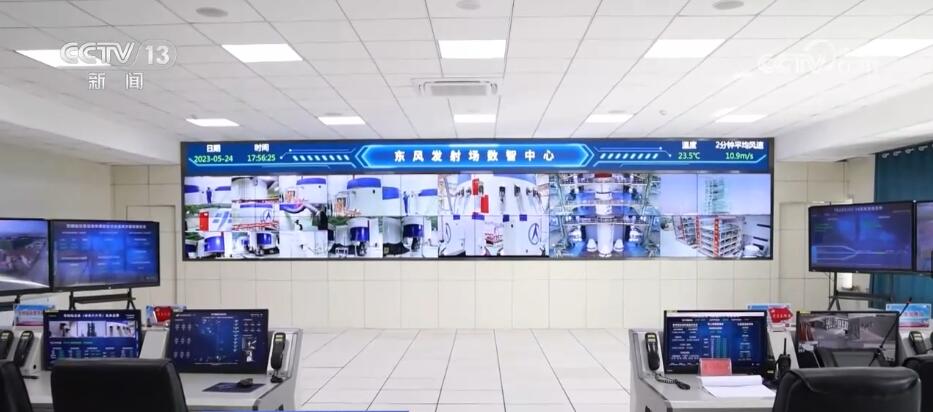
In addition to monitoring the information data of tower facilities and equipment, the Digital Intelligence Center is also responsible for air conditioning, gas supply, fire fighting, communication, power distribution monitoring and other functions of the ground handling system, and provides key information such as the overall situation of the mission, on-site images, test launch process and comprehensive support evaluation for space launch organization and command.
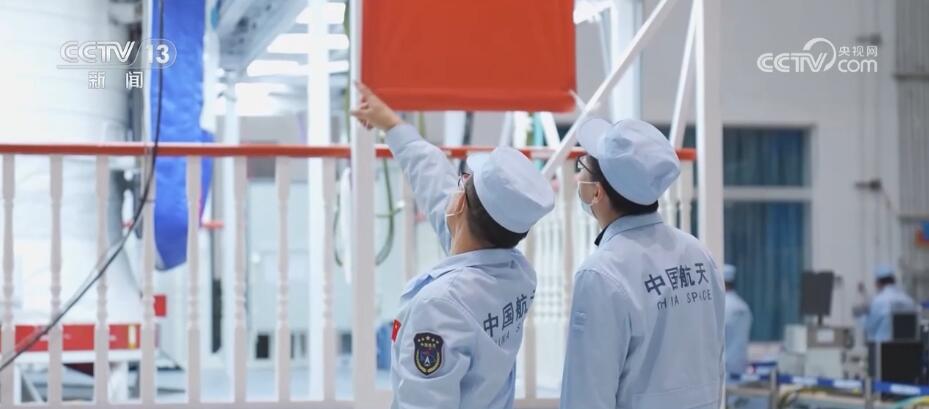
Huang Xinli, head of information technology major at Jiuquan Satellite Launch Center:Provide information support for organization and command, equipment management, centralized duty, troubleshooting, etc.
Since 2012, after years of continuous investment, the centralized monitoring system has basically covered the remote online monitoring of more than 200 sets of facilities and equipment in more than 10 specialties at the launch site. Relying on the information center to achieve 24-hour monitoring duty, the reduction of duty force at the launch site and the improvement of emergency capability have achieved remarkable results.
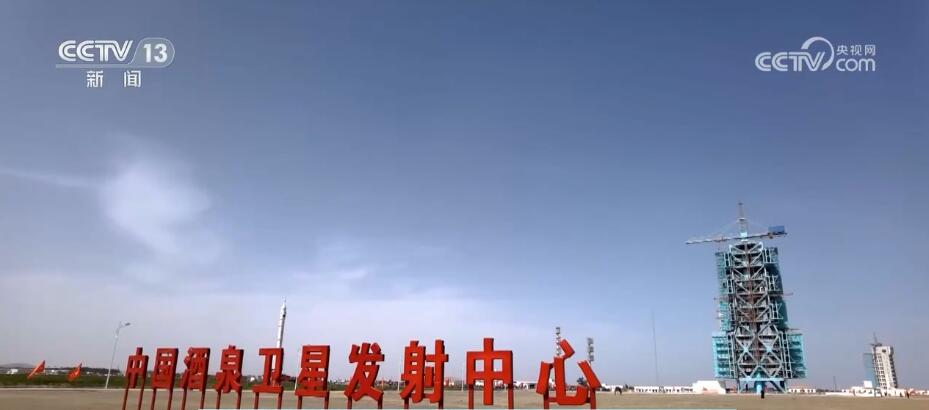
Hu Yonggang, head of the information expert group of Jiuquan Satellite Launch Center:In the follow-up, our Digital Intelligence Center mainly made efforts in two aspects: First, we used major projects to build the wireless ecology of the launch site, and made every effort to make up for the lack of information application means, so that handheld command and mobile security became important means for the organization and command of the launch site in the future; The second is to increase the introduction of new technologies and means, give full play to the potential of existing information services, deepen the improvement of the intelligent ability of the launch site, and strive to resolve the challenges brought by high-density tasks to the improvement of the launch site’s ability.